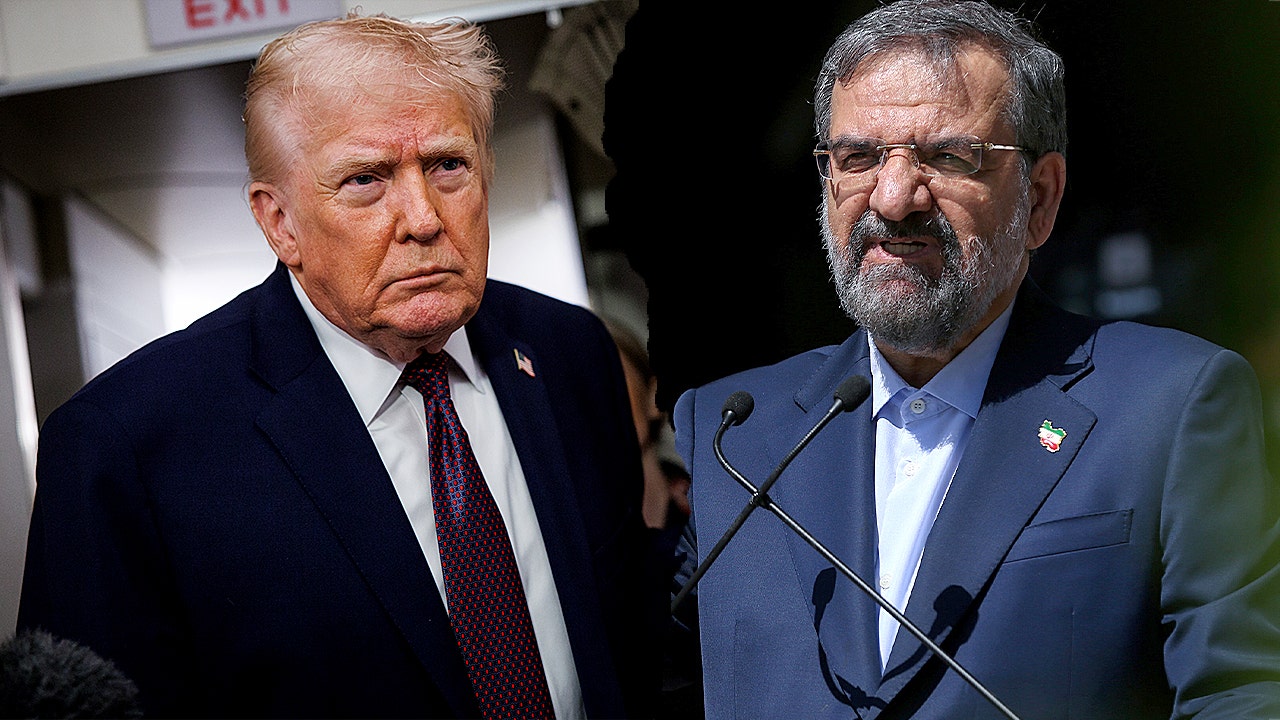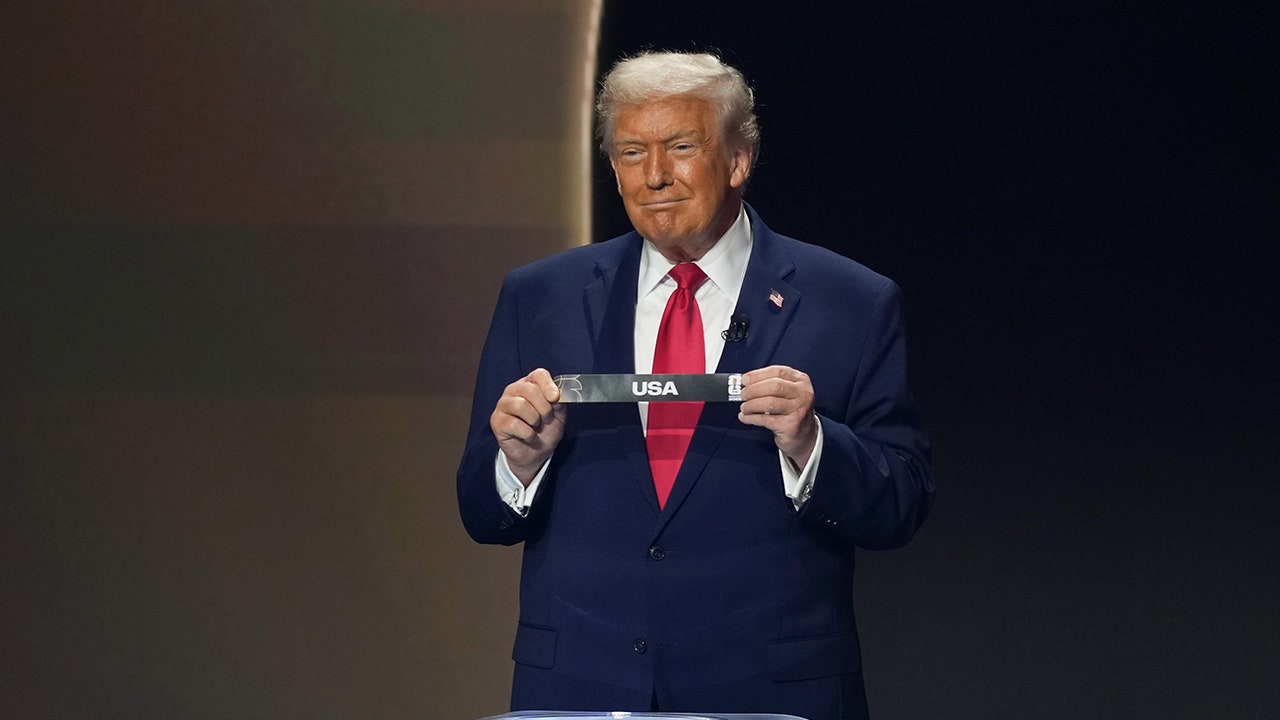NEWYou can now listen to Fox News articles!
Signing the One Big Beautiful Bill Act into law at a White House ceremony on Independence Day may go down as the signature legislative achievement of President Donald Trump’s second term – and not just for the obvious reasons.
Yes, the bill includes many provisions that conservatives consider beautiful. It takes welfare benefits from illegal immigrants, implements reasonable work requirements for able-bodied adults without children, phases out many “Green New Deal” subsidies, and prevents a massive $4 trillion tax hike scheduled to take effect on Jan. 1.
But some conservatives have criticized the legislation for being, well, big. Why, they ask, should any bill exceed 800 pages?
It’s a reasonable question. But if they think that bigger bills usually aren’t better, they may be pleased to learn that the “big, beautiful bill” will reduce the pressure for large, “must-pass” bills in the future.
TRUMP JUST SCORED THE BIGGEST CONSERVATIVE VICTORY IN THREE DECADES
It does so by locking in most of the tax code permanently.
It may seem like common sense that whatever tax changes Congress enacts should apply to all future years, not just a few years. But that’s not how things have worked in Washington for a long time.
Since the 1990s, both parties in Congress have piled up more and more tax provisions with expiration dates attached. Most such provisions are then continued indefinitely with periodic “tax extenders.”
The “big, beautiful bill,” more than anything else, dealt with a massive $9 trillion confluence of expiring tax provisions ($4 trillion of expiring tax cuts on net). Lawmakers stepped up and brought resolution to a tax code that has long needed it. The biggest resolution to the tax code involved making 2017 tax cuts permanent.
Not a temporary extension, a permanent one.
HOW THE CBO GOT IT WRONG AGAIN: TRUMP’S ECONOMIC BILL SET TO GENERATE TRILLIONS IN SURPLUS, NOT DEBT
Americans no longer have an enormous and perennial potential tax increase looming over their heads. Congress averted higher tax rates across the board, the halving of the child tax credit and standard deduction, expansions of the alternative minimum tax and death tax, and the return of punitive tax treatment for investments in business equipment and machinery, among other things.
The “big, beautiful bill” also took huge steps toward resolving the trillion-dollar “Green New Scam.” There, though, Congress resolved to end many of the subsidies.
The “big, beautiful bill” isn’t perfect on permanence. A handful of new tax provisions were set to expire after 2028 or 2029, and some green energy subsidies were given a few years to phase down instead of simply being terminated. But the bill brought resolution to 90% of the unresolved parts of the tax code, so future lawmakers face a much cleaner slate.
Congress’ typical practice of making tax cuts and subsidies temporary minimizes the appearance of deficits according to government forecasters’ scoring, even when there’s every reason to believe that Congress will keep extending “temporary” changes indefinitely.
And in the world of budgetary politics, appearance matters more than reality.
PRESIDENT TRUMP’S ‘BIG, BEAUTIFUL BILL’ WILL UNLEASH PARALLEL PROSPERITY
When government forecasters suggest a bill’s deficits are small or that it reduces deficits, it can provide cover to lawmakers who support it, even if government estimates have little bearing on reality. Favorable government scores also streamline the budget reconciliation process for significant tax and spending bills.
Temporary policies have been key for past lawmakers to unlock good budget scores.
Never mind that overreliance on temporary policy is disruptive and economically harmful to everyone except the D.C. lobbyists who thrive when tax policies and government programs are in limbo.
Rewarding perennial extensions of temporary policies is like signing a lease to pay rent month-to-month and celebrating all the money you save each month by not paying for a year-long lease.
This shell game has long masked America’s difficult fiscal position.
And now some will criticize Congress for adding to the deficit with the permanent tax extensions of the “big, beautiful bill.”
But while the bill won’t fix the federal overspending that drives America’s deficits, it does include about $1.2 trillion in spending cuts and will stop $500 billion more in green tax credits.
CLICK HERE FOR MORE FOX NEWS OPINION
By rejecting the temptation of temporary policy extensions, the bill will help bring to light future deficits that were already there but that were hidden in plain sight from the naïve budget outlooks of the Congressional Budget Office.
Honesty may be the best policy, but, sadly, in the D.C. Swamp, getting back to honest accounting may come with a price.
Read the full article here









